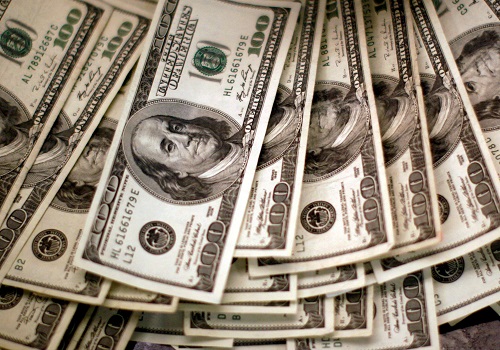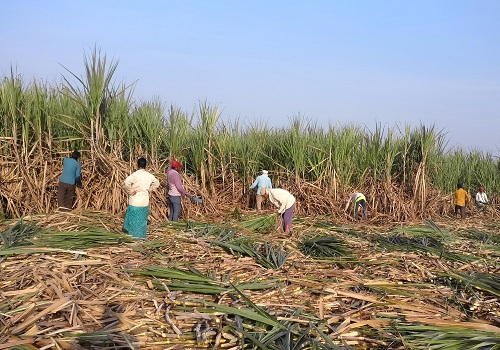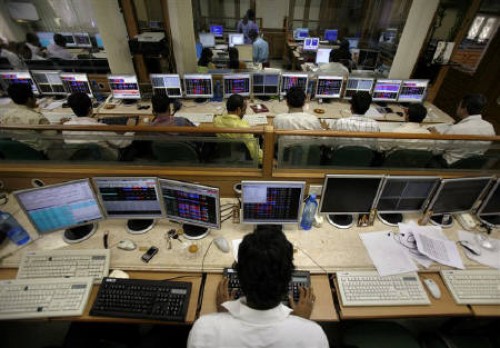Markets likely to make flat-to-negative start following weak trend in global peers
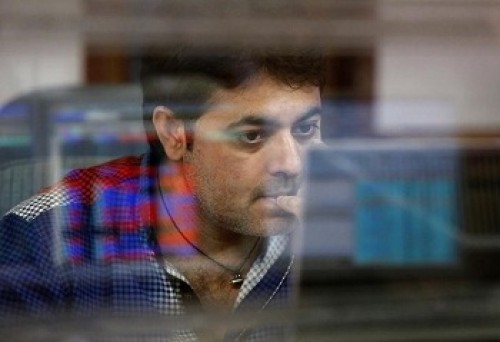
Follow us Now on Telegram ! Get daily 10 - 12 important updates on Business, Finance and Investment. Join our Telegram Channel
Indian markets ended a volatile session mildly lower on Wednesday as gains in financial stocks were offset by losses in IT and automobile shares. Today, markets are likely to make flat-to-negative start following a weak trend in global peers. There will be some cautiousness with a report by India Ratings and Research stating that India Inc resorted to salary cuts to protect their profits in the June quarter, as revenues came under pressure due to the second pandemic wave that affected nearly the entire country. It added the weak wage growth will prove to be a drag on the overall economic recovery in the medium term as it will affect household consumption. Traders may take note of report that India’s states are restricting religious festivals that start this week and attract huge crowds, fearing that a new Covid-19 wave could be imminent. The Supreme Court has rejected a petition seeking door-to-door Covid vaccination in the country, saying such a campaign was not feasible. Besides, Mumbai has recorded 530 new cases of Covid-19: the highest since mid-July. However, some respite may came later in the day as S&P Global Ratings said India is expected to post strong economic growth in the coming quarters, even as inflation, led by food prices, is likely to remain elevated. It said the economy is expected to clock 9.5 per cent growth in the current fiscal year, followed by 7 per cent expansion in the next year. Some support may come as the Cabinet Committee on Economic Affairs (CCEA) approved an increase in the Minimum Support Prices (MSP) for all the mandated Rabi crops for the Rabi Marketing Season (RMS) 2022-23 with an aim to realign the MSPs in favour of oilseeds, pulses and coarse cereals. Meanwhile, a private report stated that India Inc's business sentiments are drawing closer to pre-pandemic levels, hinting at a more robust performance in the next quarter. Auto stocks will be in focus as India Ratings Research (Ind-Ra) said in its latest auto outlook stated that auto volumes are expected to rise 12-16 per cent year-on-year this fiscal, as against the earlier estimate of 16-20 per cent. It said the growth estimate has been revised downward on account of a revision in the growth forecasts for two-wheelers (2Ws) and passenger vehicles (PVs). There will be some buzz in the textile industry stocks as the Union Cabinet approved the production-linked incentive (PLI) scheme for textiles for a budgetary outlay of Rs 10,683 crore to boost domestic manufacturing of man-made fibres (MMF), garments, and technical textiles.
The US markets ended lower on Wednesday following a Federal Reserve report that shows US economic activity slowed this summer amid rising worries over resurgent corona virus cases and mounting supply chain problems and labor shortages. Asian markets are trading mostly in red on Thursday following overnight declines on Wall Street. Meanwhile, investors looked ahead to the release of China’s August inflation data.
Back home, Indian equity benchmarks danced between gains and losses for most of the day and ended flat with a negative bias for second straight session on Wednesday on the back of weak cues from global equities. After making cautious start, markets dived deep into the red during the afternoon session, as traders got anxious with Fitch Ratings’ statement that India continues to lag way behind in COVID vaccination, and the negative outlook on sovereign rating signifies the rising debt-to-GDP ratio. In April 2021, Fitch affirmed India's sovereign rating at BBB- with a negative outlook. The outlook was changed to negative from stable in June last year on grounds that the pandemic had significantly weakened the country's growth outlook and exposed the challenges associated with a high public-debt burden. However, the headline indices rebounded from lows in the dying hour of trade, taking support from report by India Ratings and Research (Ind-Ra) in which it has maintained a stable outlook on the banking sector for 2021-22 supported by the continuing systemic support that has helped manage the system-wide COVID-19 linked stress. While, it expects an increase in stressed assets in retail and MSME segments by end-March. It also estimates gross non-performing assets (GNPA) of the banking sector to be at 8.6 percent and stressed assets at 10.3 percent for fiscal 2021-22. Some support also came with a survey report stating that notwithstanding the COVID-19 second wave hitting the nation hard, Indian organisations have displayed resilience, and the salary increment is being projected to grow from an average of 8.8 per cent this year to an estimated average of 9.4 per cent in 2022. Meanwhile, with an aim to guard domestic manufacturers from cheap imports, the commerce ministry's investigation arm - the Directorate General of Trade Remedies (DGTR) has recommended the imposition of anti-dumping duty on Vitamin C, used by pharmaceutical firms for medicine production, from China. Finally, the BSE Sensex fell 29.22 points or 0.05% to 58,250.26 and the CNX Nifty was down by 8.60 points or 0.05% to 17,353.50.
Above views are of the author and not of the website kindly read disclaimer

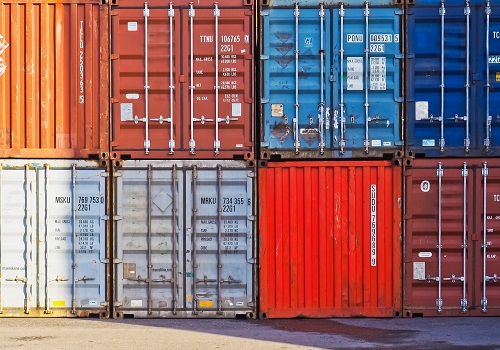

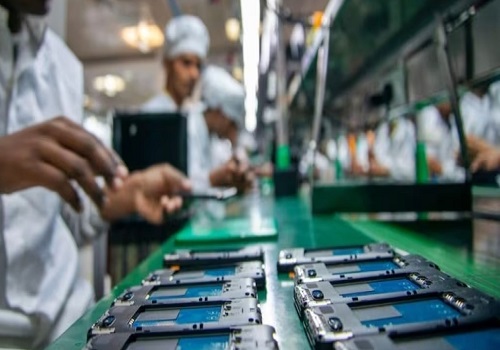

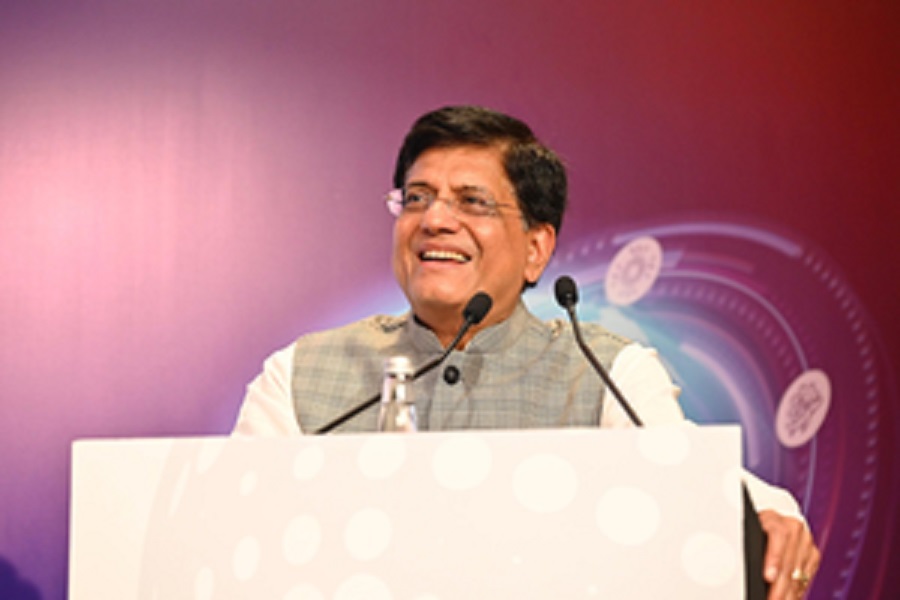
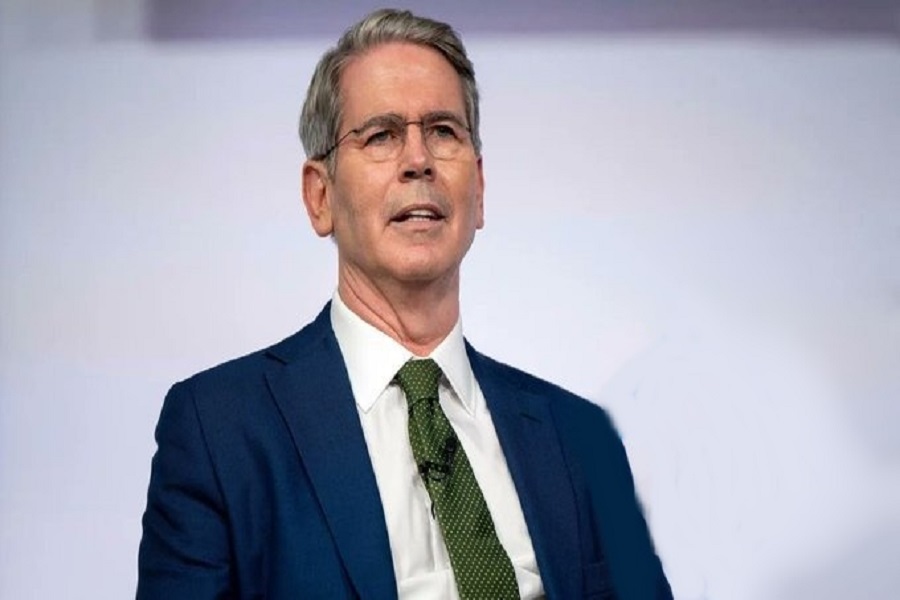
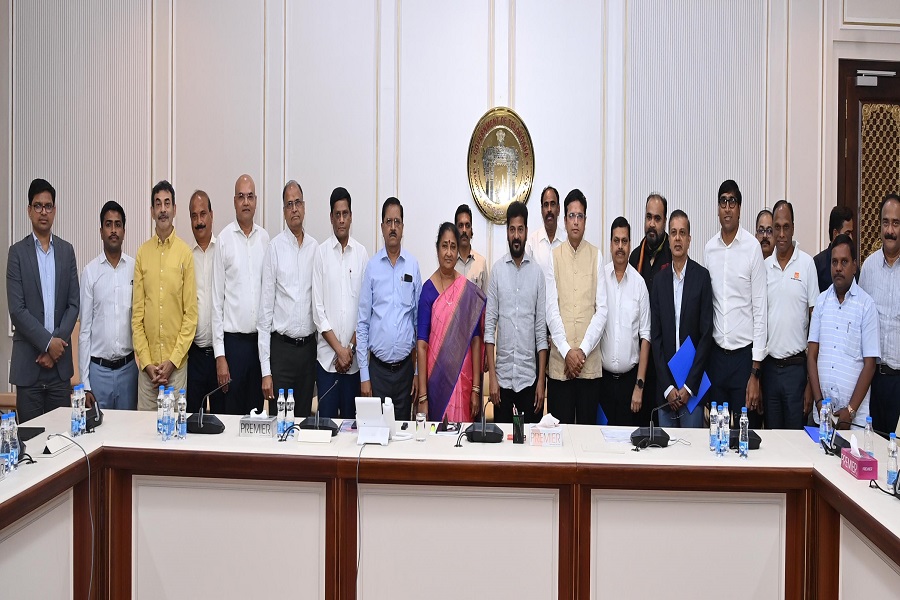
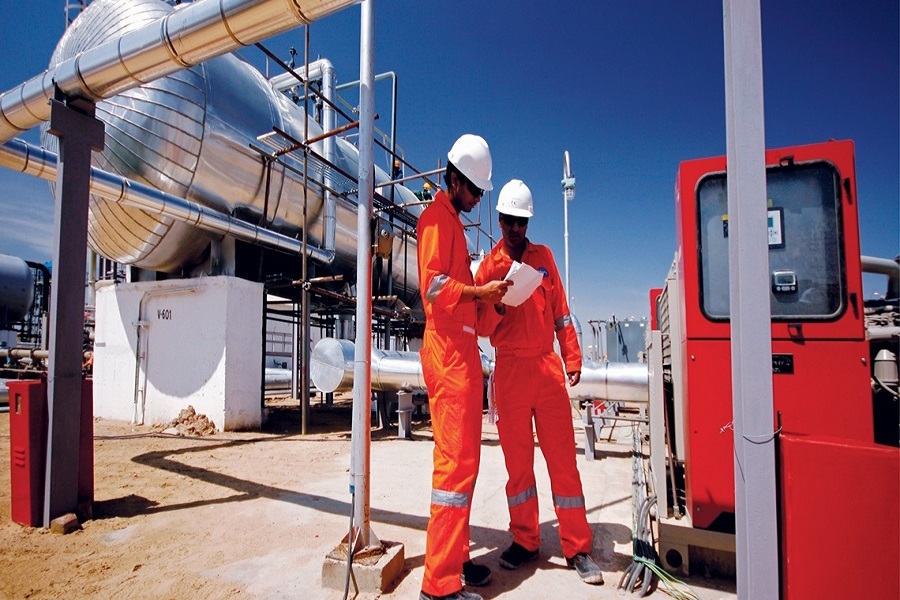
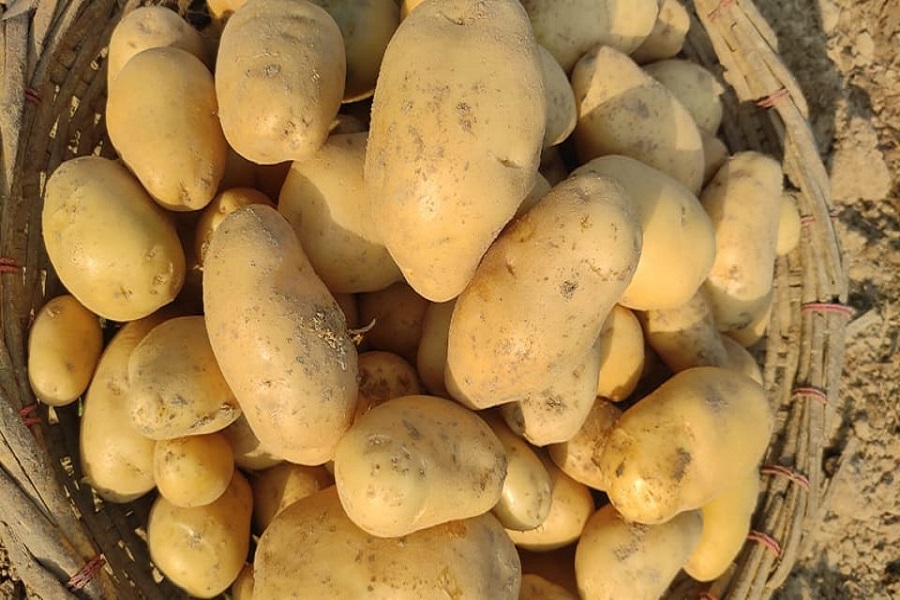
Tag News

Weekly Market Analysis : Markets strengthened recovery and gained nearly 2% in the passing w...







